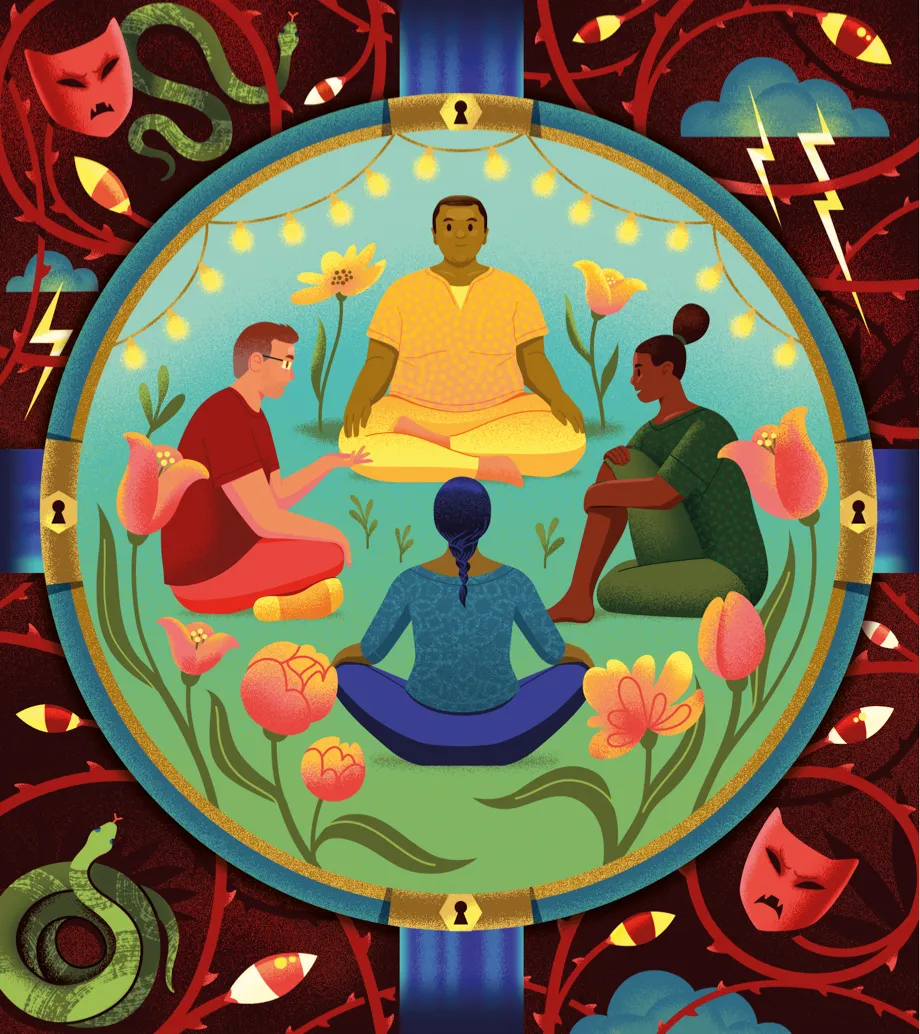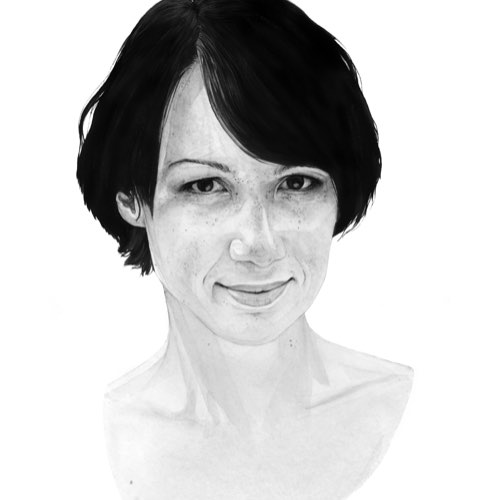My mother is a cool woman, but she is by no means a hacker. And I think her gaming career ended with her (still unbeaten) Centipede high score. But for the past year, while isolating during COVID-19, she has been doing an incredibly tech-elite thing: meeting with her friends on their own custom Discord server.
Discord – the messaging software that allows voice and video calls, aimed at geeks and gamers – has become the private garden for her social group of mostly retired public health workers.
She assures me she is not swapping torrents of The Great British Bake Off, or trading in obscure malware. She says they are talking vaccines and mask mandates. But who knows: she won’t let me in.
Read more from Aleks Krotoski:
- Today’s digital tech doesn’t replace human interaction – and that will lead to innovation
- "Too much of our technology builds walls, instead of bridges... We need to take responsibility for our digital future"
After COVID-19 changed our relationship with digital devices, and politics changed our relationship with mainstream social networks, many of us – regardless of technological sophistication – have opted out of Facebook Groups and round-robin emails.
These spaces are too public, and often too limited; my mum’s crop of socially distanced 70-somethings need to stream weekly Sunday night dinners, share links, and text chat during movie nights. Their social connection is that they’ve been friends for decades. They don’t need to meet anyone else, but simply be connected to each other.
Instead they have found a place they can mark out as private, to gather and cultivate their community on their own terms.
For those of us who’ve been online since the mid-90s or earlier, this feels like the good old days.
‘Social software’ was the concept then, not ‘social media’. Getting together online was joyful. It wasn’t overwhelmed by the feeling of being monetised or being bombarded with someone else’s personal advancement. Mum’s private Discord garden is of no interest to anyone except the people who are already part of it.
And here’s the most important thing: in their server garden, they are able to be completely themselves. No one is looking, no one is capturing their keystrokes or their preferences. They can take off their masks (literal and figurative) and relax.

This is vital for our psychological and social wellbeing. More than half a century of research tells us this. If we are unable to let down our guard in a safe space, our mental health suffers. This was why the web of the 1990s was so important to so many. In the time before Facebook, it was the place you could escape to when the offline world was too oppressive. It was where you went to be around the people who wouldn’t judge.
The irony is that the last 15 years or so have crowded out those online ‘backstages’ and sent them offline. Well, without that available to us now, the internet has laid a trail to its secret garden doors, and is inviting us to come inside.
For me, it reclaims what I loved about the web. For others, like my mum and her friends, they get to discover something they never knew they didn’t have.
- This article first appeared inissue 360ofBBC Science Focus Magazine–find out how to subscribe here
